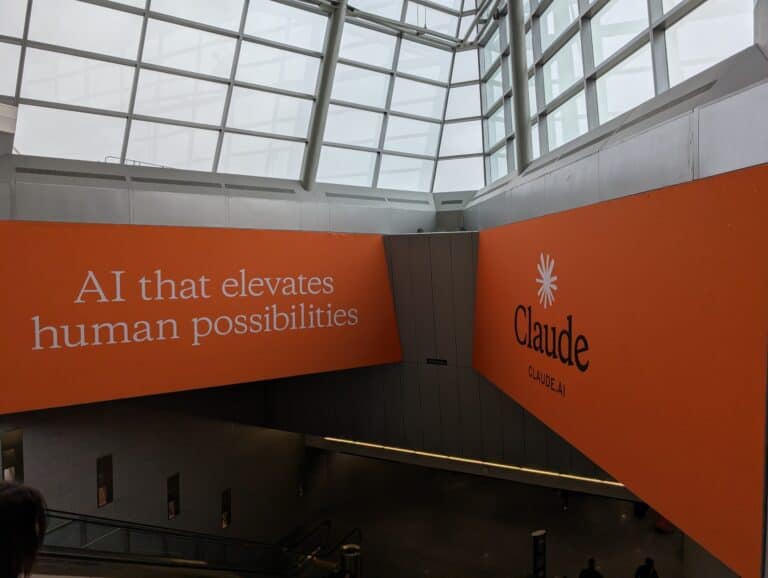Anthropic introduces its latest Claude 4 frontier models: Opus 4 and Sonnet 4. According to the company, these models set a new standard in coding, advanced reasoning, and autonomous AI systems.
Opus is the most powerful model Anthropic has developed to date. It is designed for complex, long-term tasks requiring thousands of steps. The model can control AI systems that operate independently for several hours with little or no human intervention. Such systems can independently process information, make decisions, and take actions based on their logic, environment, and a specific goal.
Alex Albert of Anthropic reports in an interview with SiliconANGLE that Opus 4 delivers significantly better performance than its predecessors. Where previous models could work coherently for a maximum of one hour, Opus 4 manages to keep this up for much longer. This is partly because the model is better trained in dealing with memory, making it less dependent on its context window. That is the amount of data it can process at one time.
Albert explained that during long tasks, the model takes external notes and generates summaries, thus helping it stay on track when its memory is refreshed.
Sonnet 4 is a direct successor to version 3.7 and is designed for accurate instruction following. It maintains high performance in programming and reasoning, but is easier to control than its predecessor. Albert said that version 3.7 sometimes deviated too eagerly from the intended task. Sonnet 4 emphasizes reliability, especially in programming tasks. For example, the number of cases in which the model applies “reward optimization” — taking undesirable shortcuts such as writing extra code purely to pass tests — has been reduced by 80%.
Both models are hybrid: they can reason step by step or respond quickly, depending on what the user requests.
Tools for coding tasks
In addition to the new models, Anthropic also announced additional tools, including the official launch of Claude Code. Previously available only in beta, this model is specifically designed for coding tasks by autonomous AI systems. Claude Code can run in a terminal, code editor, or via an SDK, understands existing codebases, and assists programmers through natural language.
The company also introduced four new features within the Anthropic API. These enable developers to build more powerful AI agents. The features include a code execution tool, a Model Context Protocol connector, the Files API, and the ability to store prompts for up to an hour.
The new models now also use external tools such as web search functions during complex thought processes. Previously, reasoning took place before the use of tools; now, the models can alternate between thinking, using tools, and continuing to reason. According to Anthropic, this opens up new possibilities for language models.
Finally, the models are now able to summarize their thought processes in understandable reports for users. This increases transparency and at the same time makes the systems more resilient to malicious manipulation.
Tip: Anthropic is quietly working on Claude Sonnet 4 and Opus 4
